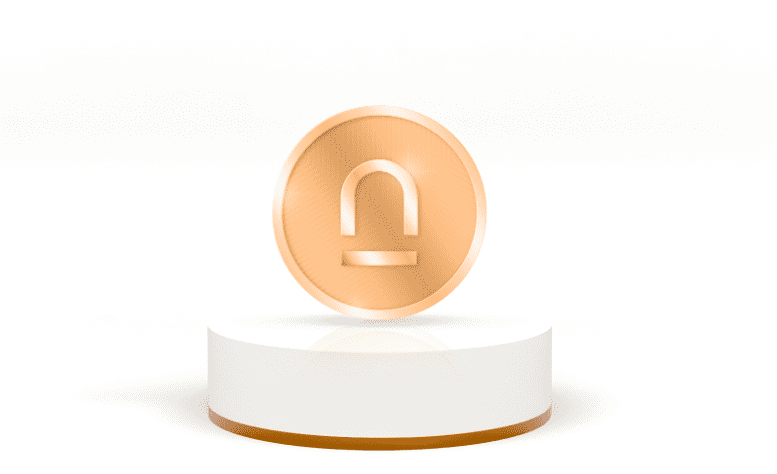Security is an essential part of any blockchain network. When users are able to exchange value over the internet, these transactions become as sensitive as any high-stakes wire transfer in traditional banking. This is why it is not uncommon for institutional investors to have qualms when joining the fast-growing cryptocurrency space. Luckily, networks like ndau, an adaptive digital currency, have developed solutions that are as effective as those in traditional financial systems.
Ndau’s inclusion of a dynamic recourse period protects large investors as well as cryptocurrency exchanges who are the primary targets of hacks and exploits. The ndau team explains that the feature consists of “the period of time that it takes for a transfer of ndau to become available to the recipient to send to a different account.” This is not unlike a bank that takes the time to clear a transaction in order to prevent fraud or any criminal activity.
Initially, the recourse period on ndau is set to an hour. However, it is up to holders to determine for how much time their transaction will be registered as “pending.” This can be extended up to a limit set by the Blockchain Policy Council on ndau or it can be reduced to zero.

This feature is another addition to ndau’s network, which includes in-wallet staking and a command-line multisig. Ndau is developed by Oneiro and runs on the Tendermint protocol. It counts on built-in economic structures that create stability without being pegged to fiat currencies or commodities. The asset is able to benefit from all the value created in cryptocurrency markets by pacing itself through a price curve and mitigating downturns.
All these attributes make ndau an ideal store of value and an important part of the Cosmos Network ecosystem of DeFi applications. One that can serve the incoming wave of institutional investors who seek as much security and stability as they can get in the hyper-volatile cryptocurrency space.



































